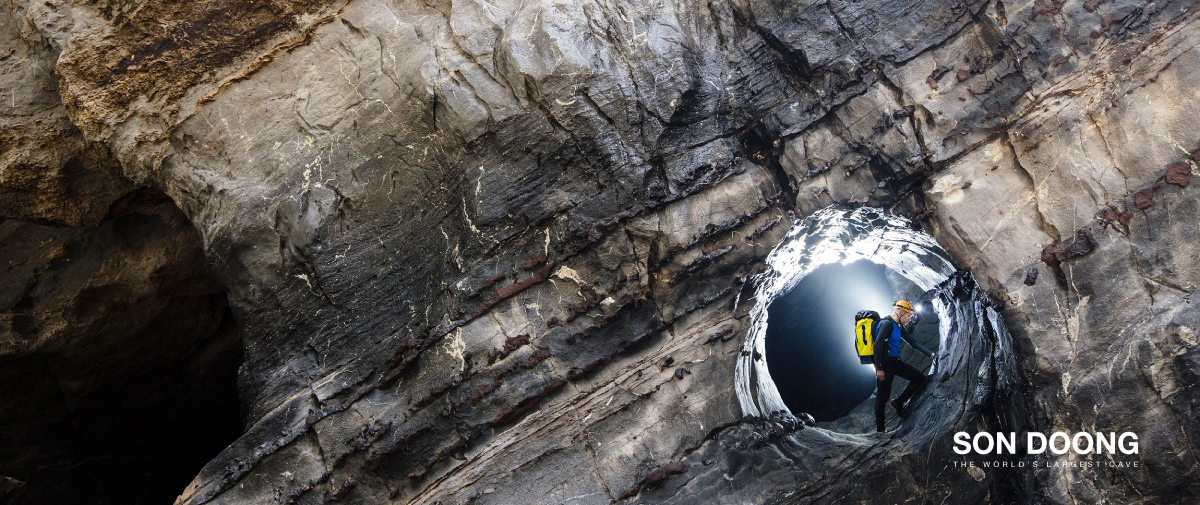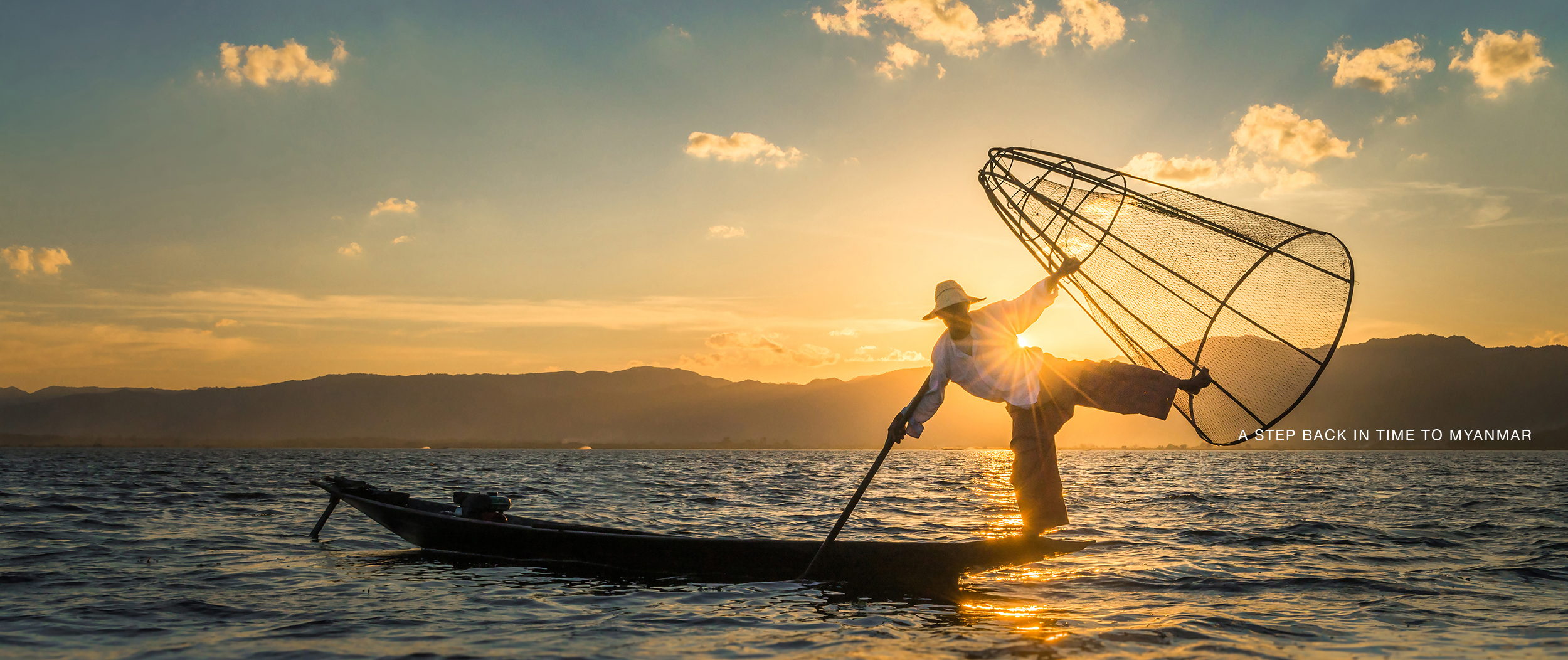Illegal Souvenirs: How to Avoid
Many of us already know that it’s illegal to bring home elephant ivory, rhino horn, and tiger products. But there are numerous other souvenirs that you might not realize are putting wildlife at risk.So a good place to start is to ask these questions:
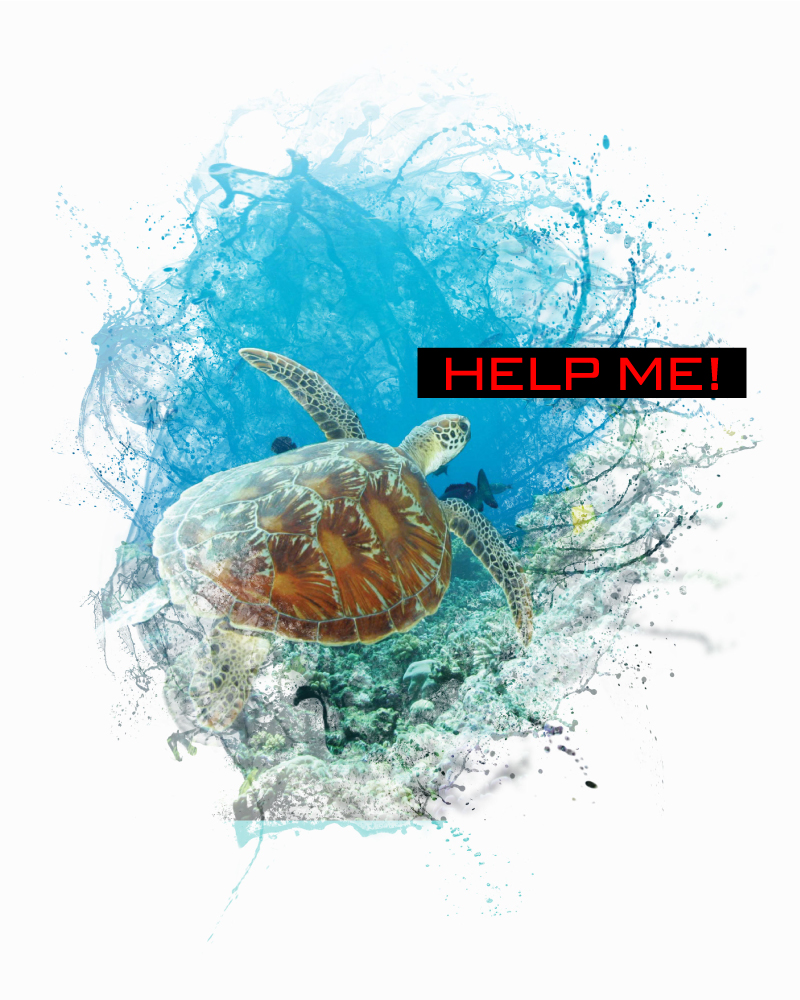
Sea turtle products: Did you know that six of the seven sea turtle species are endangered? It’s best to avoid sea turtle souvenirs altogether. That goes for jewelry, hair clips, musical instruments, sea turtle soup and eggs, sea turtle leather products, and anything labeled “tortoiseshell.”
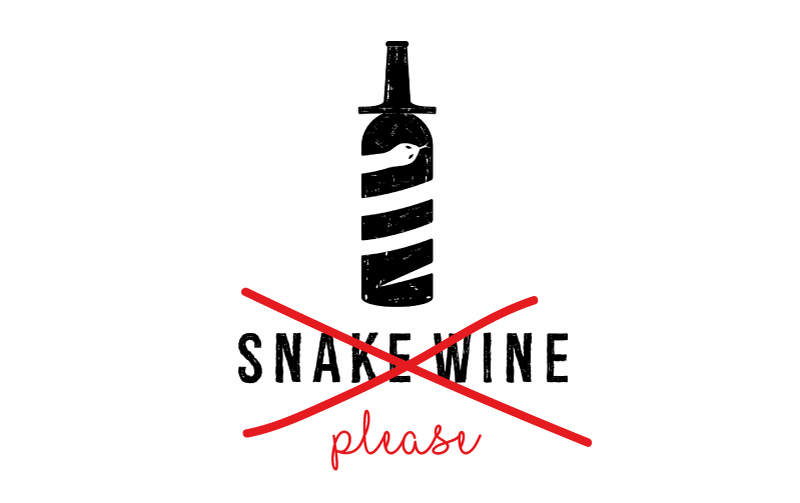
Snake wine: In Southeast Asia it’s not uncommon to find bottles of wine stuffed with whole snakes for sale. Some believe it has medicinal value (not true), and others like the oddity factor. But the truth is, it’s cruel and inhumane. Snake wine is often made by drowning a live snake in alcohol. It’s also potentially dangerous—every once in a while, the snake doesn’t die. It awakens from a drunken sleep to bite the person drinking the wine. Or it passes on deadly parasites.

Bird feathers: It’s tempting to bring home a brightly colored feather. After all, it’s lightweight and easy to carry. But be careful: The U.S. forbids bringing home feathers from most wild birds. The same is true for live birds, mounted birds, and birds’ nests.
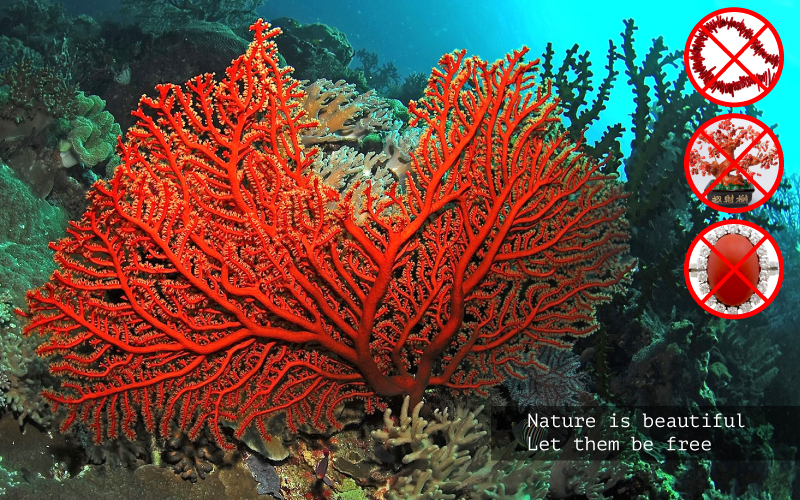
Coral and seashells: If you’re visiting coastal communities, there’s a good chance you’ll find people hawking dried coral and seashells in markets or by the side of the road. They’re easy to buy but not always easy to get home. Just like gems, certain corals are “precious”—they’re so exploited that they’re listed as endangered species. That’s why lots of countries limit what can be exported. Don’t get caught unaware at the airport. If you’re set on coral jewelry or bringing home that shell you found on the beach, research your host country’s laws first, and make sure you can ascertain with 100 percent certainty that what you’ve bought or found is what you think it is.

Walrus ivory: Walrus ivory, unlike the souvenirs listed above, is more of a yellow flag than a red flag. Buying walrus tusk carvings or engravings (also known as scrimshaw) is legal—but only if the art was done by Alaska natives. The Federal Trade Commission suggests asking for written proof of authenticity if you’re not sure.
However, you should always check with your guides on whether it is legal to bring a certain wildlife product back with you and whether you will require a permit. Or to be safer, get the souvenirs at the shops in our list.
- What is this product made of?
- Where is it from?
- Do I need a permit to bring it home?

Sea turtle products: Did you know that six of the seven sea turtle species are endangered? It’s best to avoid sea turtle souvenirs altogether. That goes for jewelry, hair clips, musical instruments, sea turtle soup and eggs, sea turtle leather products, and anything labeled “tortoiseshell.”

Snake wine: In Southeast Asia it’s not uncommon to find bottles of wine stuffed with whole snakes for sale. Some believe it has medicinal value (not true), and others like the oddity factor. But the truth is, it’s cruel and inhumane. Snake wine is often made by drowning a live snake in alcohol. It’s also potentially dangerous—every once in a while, the snake doesn’t die. It awakens from a drunken sleep to bite the person drinking the wine. Or it passes on deadly parasites.

Bird feathers: It’s tempting to bring home a brightly colored feather. After all, it’s lightweight and easy to carry. But be careful: The U.S. forbids bringing home feathers from most wild birds. The same is true for live birds, mounted birds, and birds’ nests.

Coral and seashells: If you’re visiting coastal communities, there’s a good chance you’ll find people hawking dried coral and seashells in markets or by the side of the road. They’re easy to buy but not always easy to get home. Just like gems, certain corals are “precious”—they’re so exploited that they’re listed as endangered species. That’s why lots of countries limit what can be exported. Don’t get caught unaware at the airport. If you’re set on coral jewelry or bringing home that shell you found on the beach, research your host country’s laws first, and make sure you can ascertain with 100 percent certainty that what you’ve bought or found is what you think it is.

Walrus ivory: Walrus ivory, unlike the souvenirs listed above, is more of a yellow flag than a red flag. Buying walrus tusk carvings or engravings (also known as scrimshaw) is legal—but only if the art was done by Alaska natives. The Federal Trade Commission suggests asking for written proof of authenticity if you’re not sure.
However, you should always check with your guides on whether it is legal to bring a certain wildlife product back with you and whether you will require a permit. Or to be safer, get the souvenirs at the shops in our list.
Call to book
+84 - 24 - 3835 4899
+84 - 24 - 3835 4899


